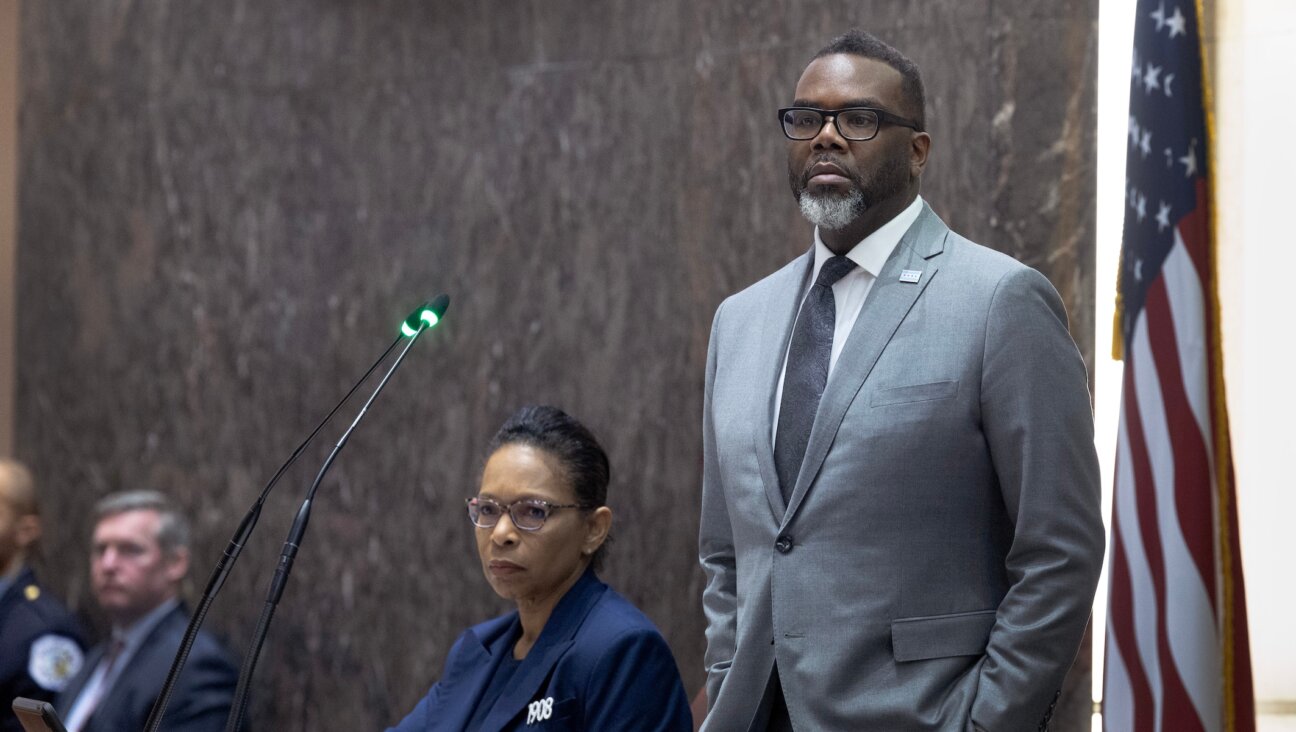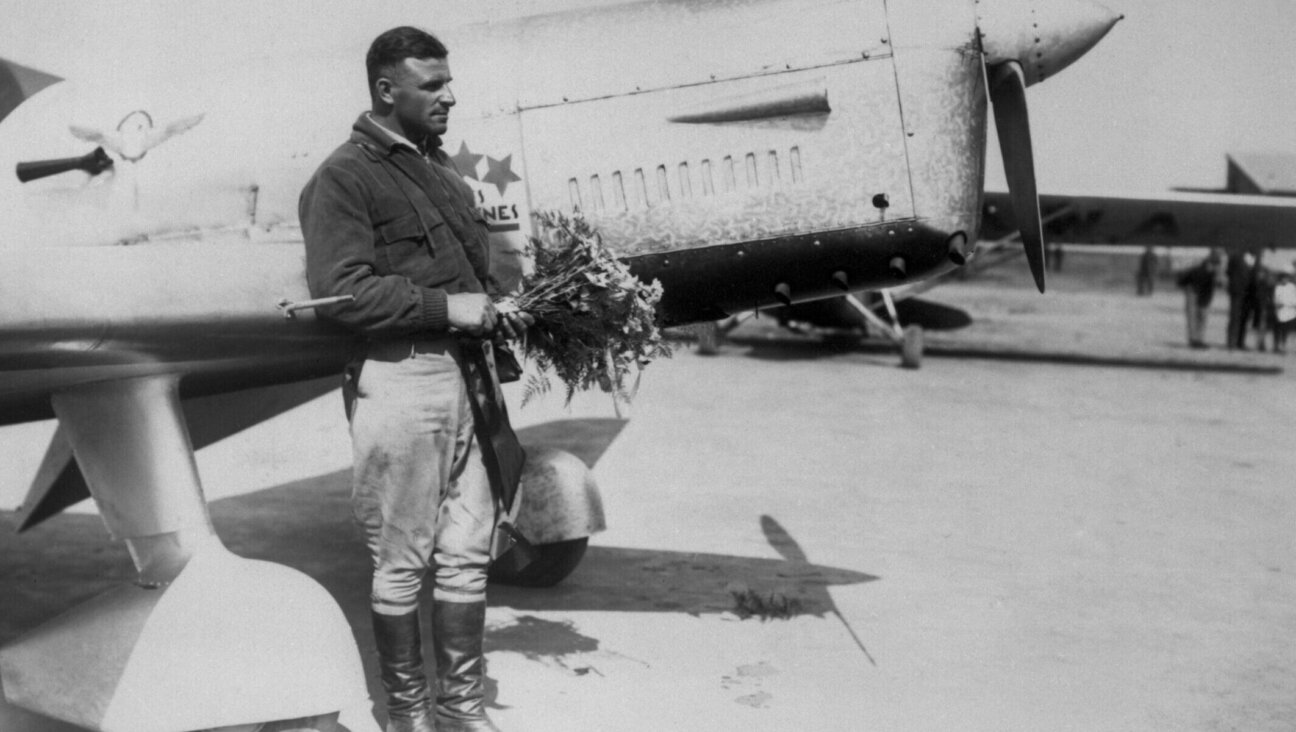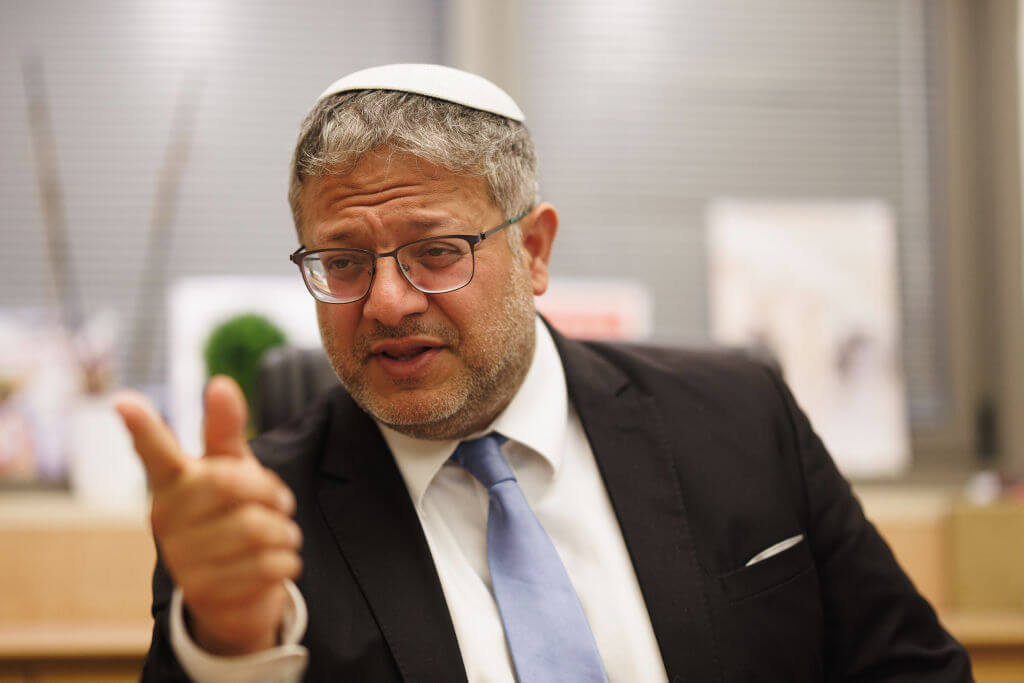No Hope for Peace While Arab Unrest Continues
For decades Prof. Itamar Rabinovich has studied the Middle East, analyzing Israel’s complex status in the region and documenting its attempts to achieve peace with its neighbors. For four years (1993-1996 ) he himself took an active part in the diplomatic efforts as Israel’s ambassador to the United States and head of the Israeli delegation to negotiations with Syria, as Yitzhak Rabin’s envoy. (After Rabin’s assassination, Rabinovich continued as ambassador under Shimon Peres but not as head of the delegation. )
In the epilogue to his new book, “The Lingering Conflict: Israel, the Arabs and the Middle East 1948-2011” (newly published in Hebrew; published in English by Brookings Institution Press in November 2011 ), Rabinovich writes that in the past year, “Israel’s relationship with the Arab world and its strategic position in the Middle East reached a particularly low point.”
Rabinovich believes that much of what has occurred in the region recently, and particularly what was initially called the Arab Spring, was not dependent on anything Israel did. From its perspective, the gloomy regional situation began 10 years ago , and Israel in response relied on anchors from the old order, notably the peace treaties and security coordination with the authorities in Egypt and Jordan. Those old props have now been called into serious question. Concurrently, other worrisome developments are unfolding in the region, especially Iran’s effort to produce nuclear weapons, the growing hegemony of Turkey – a former strategic partner but now a bitter rival – and the waning influence of the United States.
“The transition to asymmetrical military confrontation, the threat posed by missiles and rockets to the Israeli rear and the collapse of the peace process have come together to create a more difficult situation than Israel faced a decade ago,” Rabinovich tells Haaretz.
For more, go to Haaretz.com
The Forward is free to read, but it isn’t free to produce

I hope you appreciated this article. Before you go, I’d like to ask you to please support the Forward.
Now more than ever, American Jews need independent news they can trust, with reporting driven by truth, not ideology. We serve you, not any ideological agenda.
At a time when other newsrooms are closing or cutting back, the Forward has removed its paywall and invested additional resources to report on the ground from Israel and around the U.S. on the impact of the war, rising antisemitism and polarized discourse.
This is a great time to support independent Jewish journalism you rely on. Make a gift today!
— Rachel Fishman Feddersen, Publisher and CEO
Support our mission to tell the Jewish story fully and fairly.
Most Popular
- 1

Opinion The dangerous Nazi legend behind Trump’s ruthless grab for power
- 2

Culture Trump wants to honor Hannah Arendt in a ‘Garden of American Heroes.’ Is this a joke?
- 3

Opinion A Holocaust perpetrator was just celebrated on US soil. I think I know why no one objected.
- 4

Culture Did this Jewish literary titan have the right idea about Harry Potter and J.K. Rowling after all?
In Case You Missed It
-

Fast Forward Chicago mayor donned keffiyeh for Arab Heritage Month event, sparking outcry from Jewish groups
-

Fast Forward The invitation said, ‘No Jews.’ The response from campus officials, at least, was real.
-

Fast Forward Latvia again closes case against ‘Butcher of Riga,’ tied to mass murder of Jews
-

Fast Forward Protesters clash in Crown Heights as Ben-Gvir visits Chabad headquarters
-
Shop the Forward Store
100% of profits support our journalism
Republish This Story
Please read before republishing
We’re happy to make this story available to republish for free, unless it originated with JTA, Haaretz or another publication (as indicated on the article) and as long as you follow our guidelines.
You must comply with the following:
- Credit the Forward
- Retain our pixel
- Preserve our canonical link in Google search
- Add a noindex tag in Google search
See our full guidelines for more information, and this guide for detail about canonical URLs.
To republish, copy the HTML by clicking on the yellow button to the right; it includes our tracking pixel, all paragraph styles and hyperlinks, the author byline and credit to the Forward. It does not include images; to avoid copyright violations, you must add them manually, following our guidelines. Please email us at [email protected], subject line “republish,” with any questions or to let us know what stories you’re picking up.











